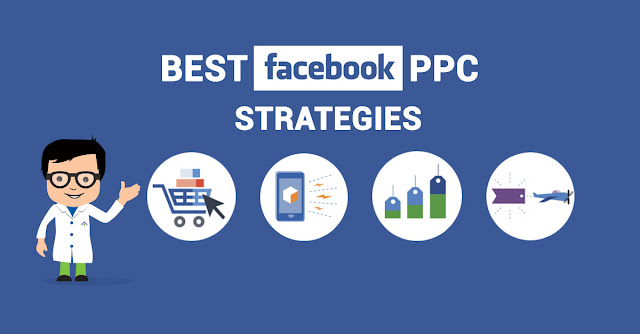SEO Best Practices to Optimize Your Web Content !
Blogging for SEO is pretty much a no-brainer. Publishing regular blog posts is best practices for businesses to increase web presence in conjunction with other SEO strategies. Implementing and monitoring SEO efforts is time-consuming, which not many business owners can afford. That’s why it’s valuable to seek small business SEO services with L7 Advertising. Our SEO experts will curate a list of competitive keywords relating to your business/products/services and employ various tactics to boost your website to the search result.
A common practice is including a blog with rich content and industry insight to serve as a resource database for visitors and customers. Organic search remains an important way to generate traffic for blog posts. Your blog will retain visitor activity and generate traffic to relevant pages on your website. In order to gain the full benefits of SEO, SEO specialists at L7 Advertising will develop competitive strategies to optimize your blog posts and web content to be at the top of search rankings.
Perform keyword research
When creating a list of keywords, sometimes people think more is better. The reality is that tracking and creating content for 50 keywords is extremely time-consuming. When you spread yourself too thin, you won’t achieve the desired results. SEO specialists recommend starting with 10 keywords that include a variety of short-tail, long-tail, and local keywords. When you have a smaller list to focus on, this creates a strong foundation for your blog strategy. The keywords will help you weave your products and services into common questions/concerns your target audience may have about the industry.
There are several affordable SEO programs and services that can be used for finding relevant keywords. If you’re a digital advertising company, keywords are extremely competitive, so you’d want to aim for long-tail keywords. For instance, they will help you get more specific like “SEO services for small business” makes more sense than using a broad keyword like “SEO services.”
Optimize Blog Content
Every blog post published should have at least one or two primary keywords, along with a few similar or related keywords. This is important for the search engines to know what your content is about. Now that you have those primary keywords in mind, use those in posts where relevant without stuffing or going overboard. Focus on long-tail keywords that match the intent of the ideal visitor and be accurate to the products and services you are offering. Ideal areas to insert keywords are title tag, subheadings, meta description, and URL.
Always Internal Link Content
Getting another website to link to yours might be challenging but you have the power to do as much internal linking once you have enough content on your website. Each time you publish a new post, link relevant keywords to one of your blog posts. This way, users can easily navigate to other pages on your website and these interlinks will create a contextual relationship between your webpages. Proper interlinking will improve the issue of bounce rate and also help to improve page rank.
Technical Aspects for Blog Content
According to SEO industry standards, every article or blog post should have a minimum of 300 words. However, you would know that search engines favor longer posts that are rich with HQ images, internal linking, and more. Although, this does make it more difficult for users to finish reading the post. As a general rule of thumb, aim to write between 600-700 words that include about 1-2% of your keywords to ensure you have a SEO-friendly blog post.
Improve Website Loading Speed
User experience is a large factor used by search engines to determine which page is featured at the top of results. You could have rich blog content that’s valuable to visitors, but if your page takes longer than a second to load, they will leave. This affects your score and search engines will take note to bump your blog post lower on search results. So, if small businesses or startups are looking to outrank their competitors, they need to make their pages load faster to deliver the best quality for their readers. All this starts with a well-designed website that attracts users to exploring the entire website.


Comments
Post a Comment